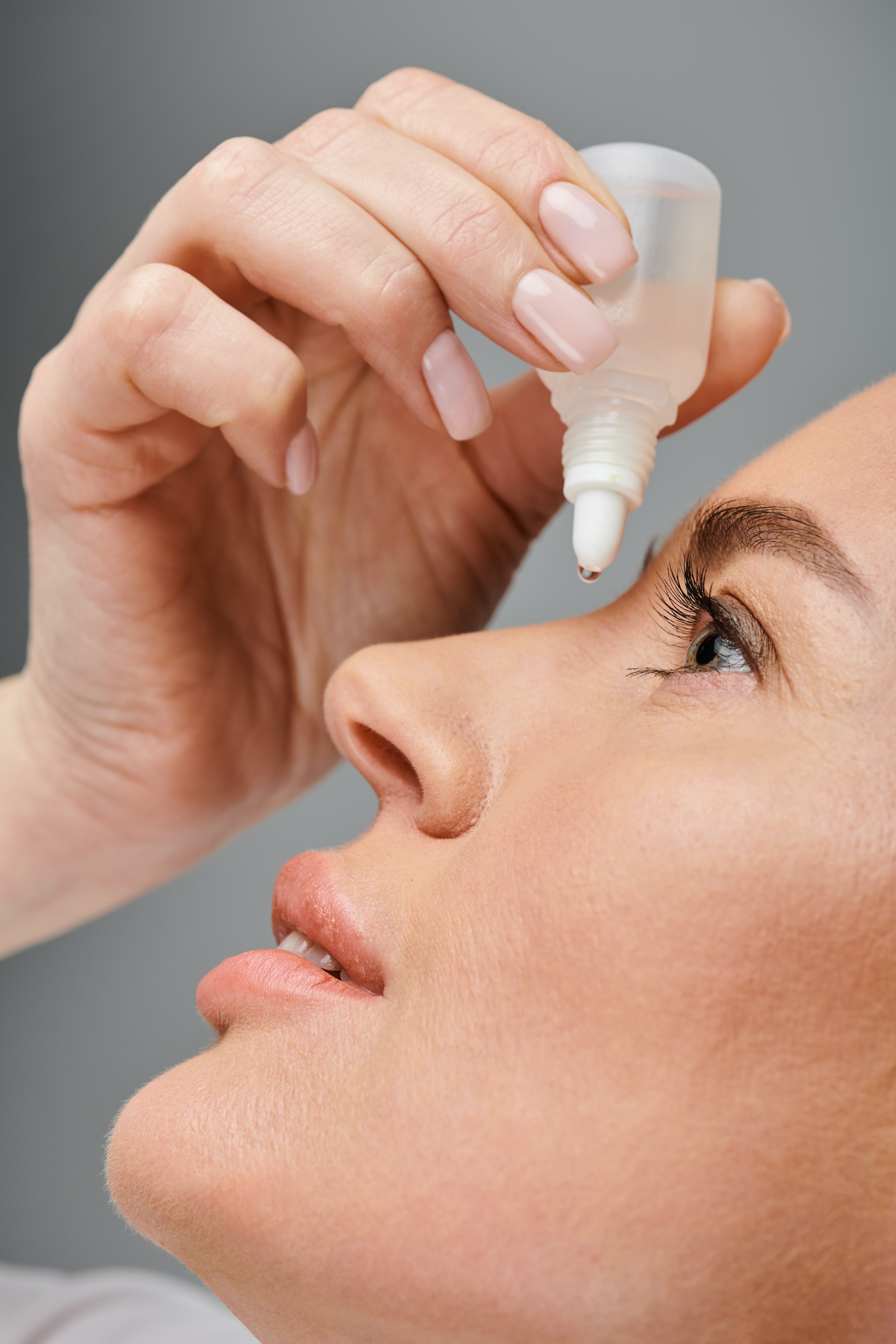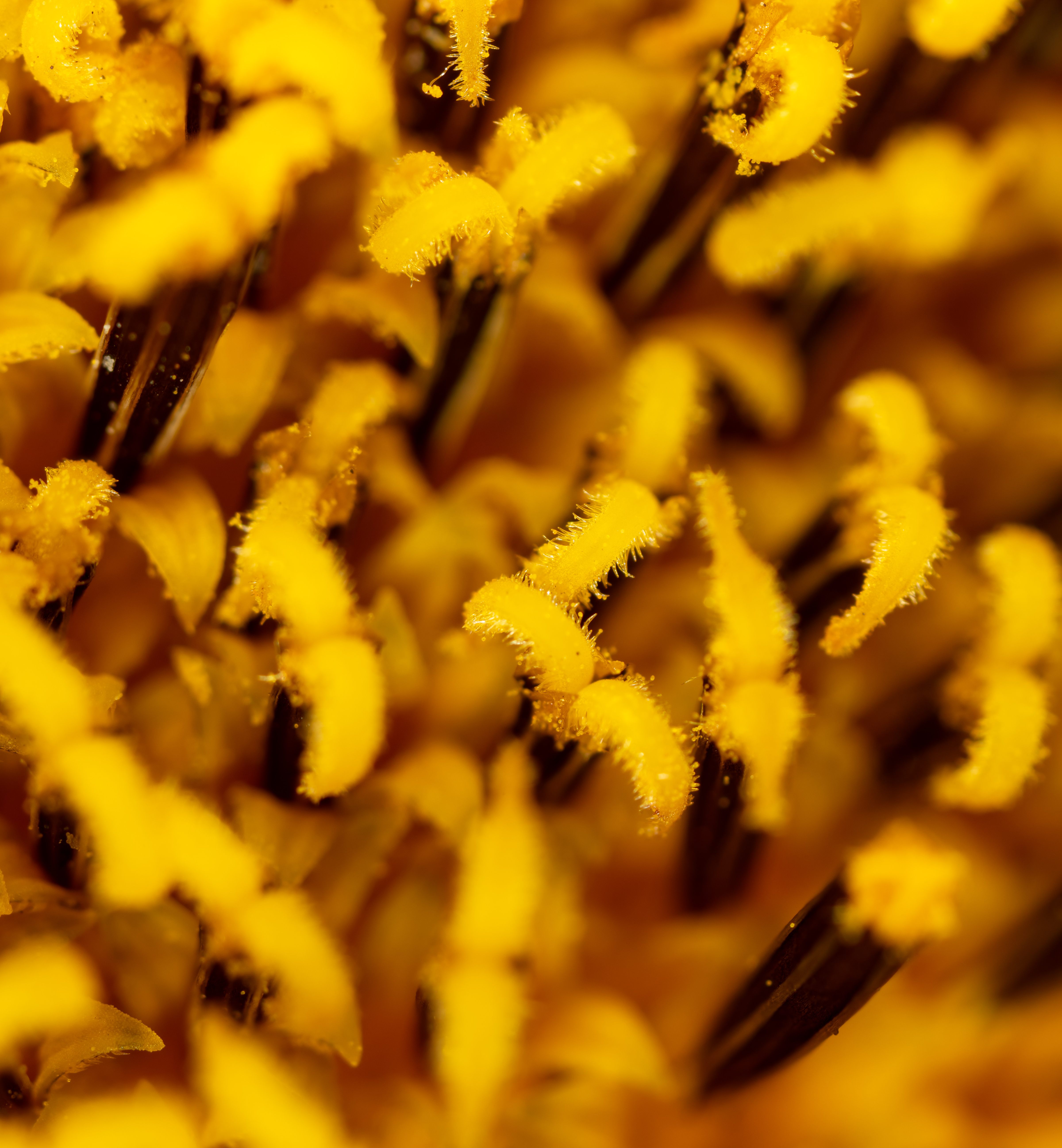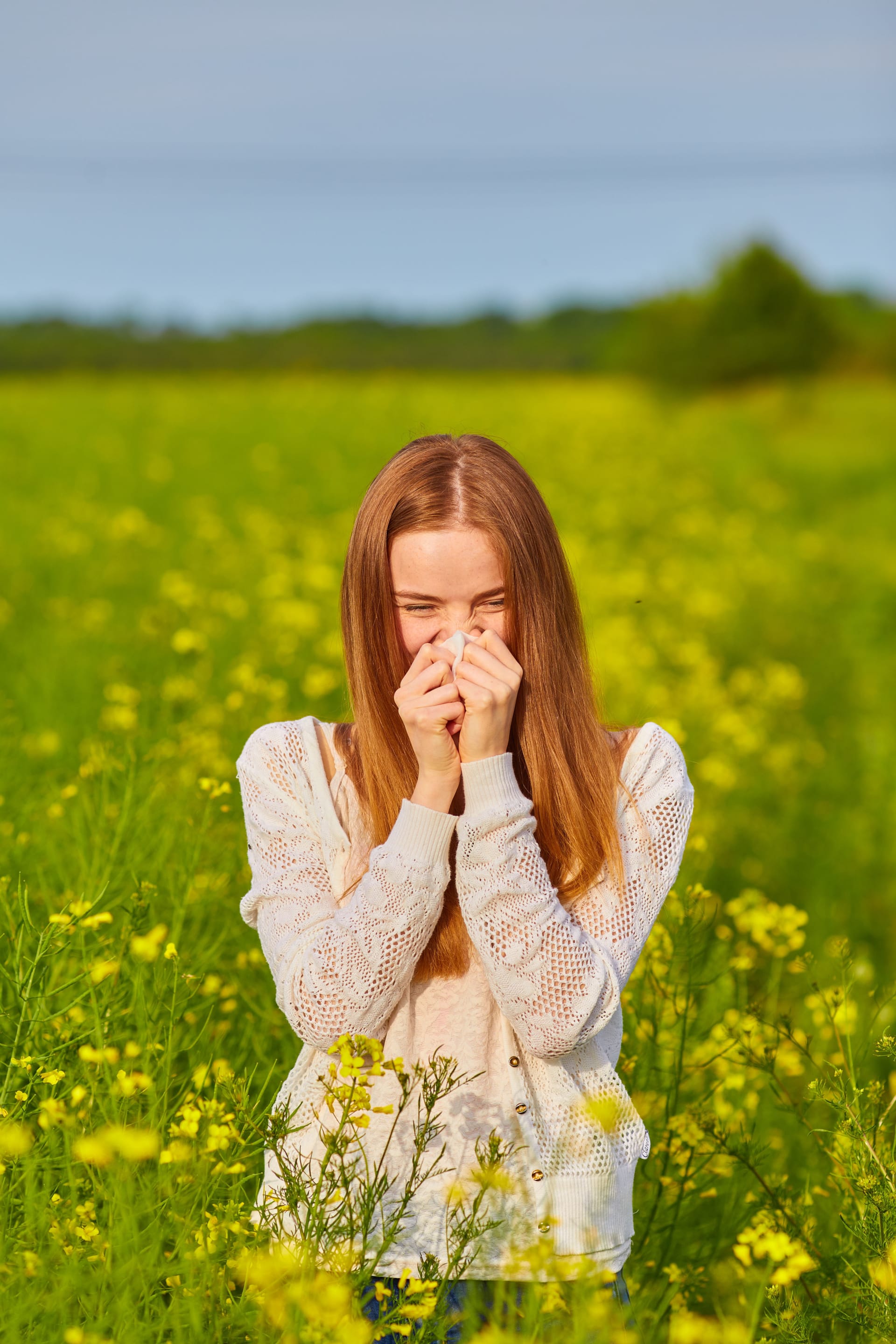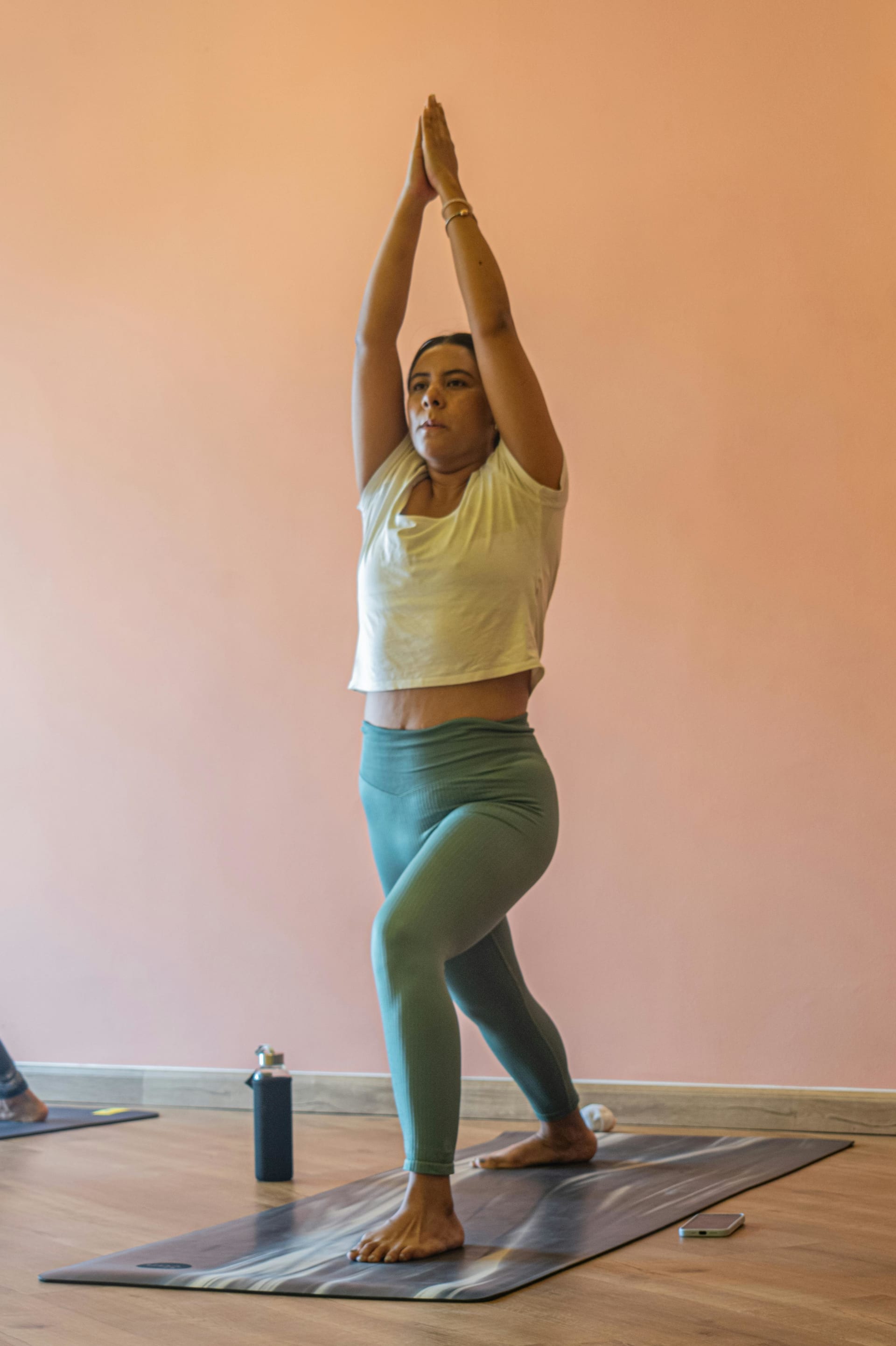Dr Laura De Benito Llopis, a consultant ophthalmic surgeon at the London-based eye surgery company, OCL Vision, is a leading expert in controlling hay fever (allergic rhinitis) related eye health complications. As a long-time sufferer, she is sharing the advice that she gives patients and also what she does to control her own symptoms.

"Hay fever symptoms in the eyes are a heavy burden to bear for millions of people during the spring and summer months. Taking antihistamine medication is the most important step towards controlling all of the symptoms associated with hay fever. Histamine is a chemical released by the immune system during allergic reactions. By blocking histamine receptors, antihistamines can effectively prevent symptoms and provide some short-term relief from allergies.
The initial presentation of allergic conjunctivitis often includes itching, which can lead to corneal microtrauma - microscopic scratches on the clear dome at the front of the eye. Therefore, patient education regarding the dangers of ocular friction is paramount.
As an eye doctor, I know the most important thing is not to rub my eyes – but that's much easier said than done. The first thing I do, as soon as I feel the first symptoms, is to start regularly applying antiallergic drops. You can get these over the counter, which are useful in mild cases, but for proper allergic conjunctivitis the most effective ones are prescription ones with dual action, such as olopatadine (to relieve itchy eyes) and ketotifen (to control the allergic response). This is crucial to stopping inflammation and the effects of the body’s histamine response.
When tackling my own hay fever symptoms, I apply first thing in the morning, and then in the afternoon or evening, whenever the eyes become itchy again. In between drops, I find it really useful to apply lubricating drops very cold from the fridge. These will help clean away the allergens on the surface of the eye, and also the cool temperature soothes the discomfort significantly.

If I feel the urge to rub and the drops have not helped enough, I use a cold mask over the eyes for a few minutes; anything to avoid eye rubbing. Rubbing the eyes can damage the cornea and increases inflammation, which in turn makes the symptoms worse.

If the allergy is more severe, a short course of steroids can be very useful in controlling the symptoms, but they need to be prescribed by the GP or an ophthalmologist and used as instructed."
My Top Tips
Pollen Tracking: Keep an eye on pollen forecasts in your area. This helps you plan outdoor activities and minimise exposure during peak pollen times. If you do have to go out during peak pollen times, make sure that you take your antihistamine medication in advance so that you are protected the moment you leave the house.

Eye Protection: Wear wraparound sunglasses to create a barrier that reduces pollen contact with your eyes. This will also deter you from rubbing your eyes and avoid the sun dazzling you while you are also struggling with itching and soreness. Don’t leave your glasses outdoors and if you do, give them a good clean when you put them back on.
Hygiene Measures: Shower, wash your hair, and change clothes after spending time outdoors to remove pollen clinging to you. Regularly wash your hands to prevent the risk of conjunctivitis after rubbing your eyes.
Indoor environment: Keep windows and doors closed during high pollen seasons. Regularly vacuum and dust with a damp cloth to minimise allergens indoors.
Laura de Benito-Llopis is a Consultant Opthalmic Surgeon and can be consulted via oclvision.com









